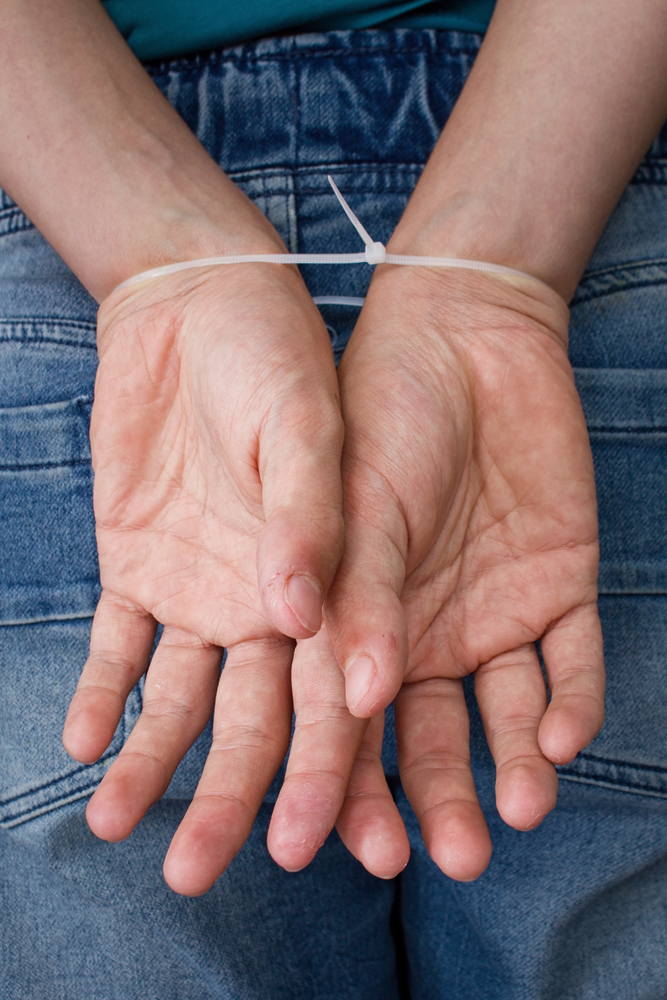Your partner may struggle to limit their drinking, even if it is causing problems at work or negatively affecting their health. In 2023, an estimated 29 million American adults over the age of 12 were reported to suffer from alcohol use disorder. Of those individuals, only 8% received professional addiction treatment. Too much alcohol affects your speech, muscle coordination and vital centers of your brain. A heavy drinking binge may even cause a life-threatening coma or death. This is of particular concern when you’re taking certain medications that also depress the brain’s function.
Hope and Recovery: Life After Dual Diagnosis

Begin recovery at Assure Recovery Center, a leading Twelve-step program provider in California, specializing in evidence-based addiction treatment and mental health services. Continued use even though consequences demonstrates persistent drinking behavior even when alcohol creates health problems, relationship conflicts, or work-related difficulties. This symptom indicates that alcohol has become prioritized over other life aspects.
Types of Abuse

Comparing your drinking habits to established guidelines can offer a practical benchmark. For adults, moderate drinking is defined as up to one drink per day for women and up to two for men. Exceeding these limits regularly—especially binge drinking (four or more drinks for women, five or more for men in about two hours)—is a strong indicator of problematic use. Keeping a drinking diary for a month can help you objectively assess whether your habits align with these standards or if intervention is needed. These are often the first line of defense and can significantly improve symptoms, sometimes even elevating testosterone levels naturally, https://sbmarketing.com.br/2023/04/19/what-does-it-feel-like-to-be-drunk-levels-of-being/ especially when coupled with medical guidance.
- It’s important to pay attention to these times instead of dismissing them as misunderstandings.
- You may miss important commitments, arrive late, or produce substandard work due to drinking or recovery from drinking.
- As you move through life together, you may undergo a number of shifts, including moves, having children, and changing jobs.
- Many people find that mindfulness strengthens their ability to handle stress and stay centered when challenges appear.
The Recovery Village Columbus
While love and the desire to support a spouse may drive efforts to stay, it’s essential to assess the impact of the situation on your mental health, self-worth, and long-term happiness. Ultimately, the decision to leave or stay must align with your values, boundaries, and vision for a healthy, fulfilling life. For men with clinically low testosterone, lifestyle changes are often recommended alongside medical interventions like Testosterone Replacement Therapy (TRT) to maximize benefits and overall well-being. Studies have shown that intensive lifestyle interventions, particularly weight loss through diet and exercise, can modestly increase testosterone levels in obese men.
These visible signs often alert others to your drinking problem before you recognize it yourself. Our state-specific resource guides offer a comprehensive overview of drug and alcohol addiction treatment options available in your area. Long after the acute effects of intoxication have faded, excessive alcohol consumption can continue to cause health risks. Below we look at the signs and symptoms you need to look out for, as well as offering examples of how alcoholism may affect your partner’s behaviour.

Addictions We Treat
Withdrawal from alcohol can be dangerous, with symptoms ranging from mild anxiety to severe seizures or delirium tremens (DTs), which can be life-threatening. Medical detox typically lasts 5–7 days and may involve medications like benzodiazepines or anticonvulsants to ease symptoms. Emotional signs of alcoholism manifest as mood swings, irritability, anxiety, and angry outbursts at seemingly minor situations. These emotional changes occur because alcohol profoundly impacts brain chemistry, creating psychological dependence that heavy how to recognize signs and symptoms of alcoholism and alcohol abuse drinking alone doesn’t produce. Alcohol dependence involves specific behavioral, emotional, and physical signs that extend beyond consumption amounts. You experience alcoholism when drinking becomes compulsive, and you lose control over your alcohol use.

